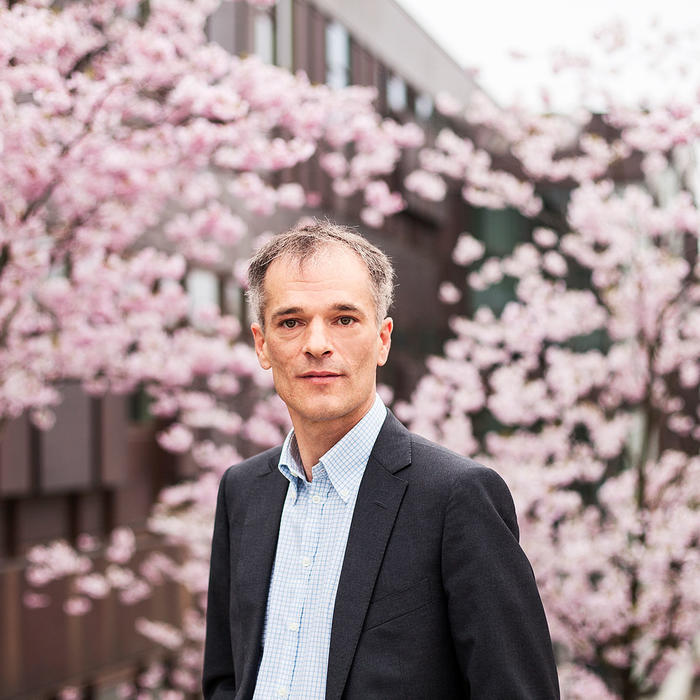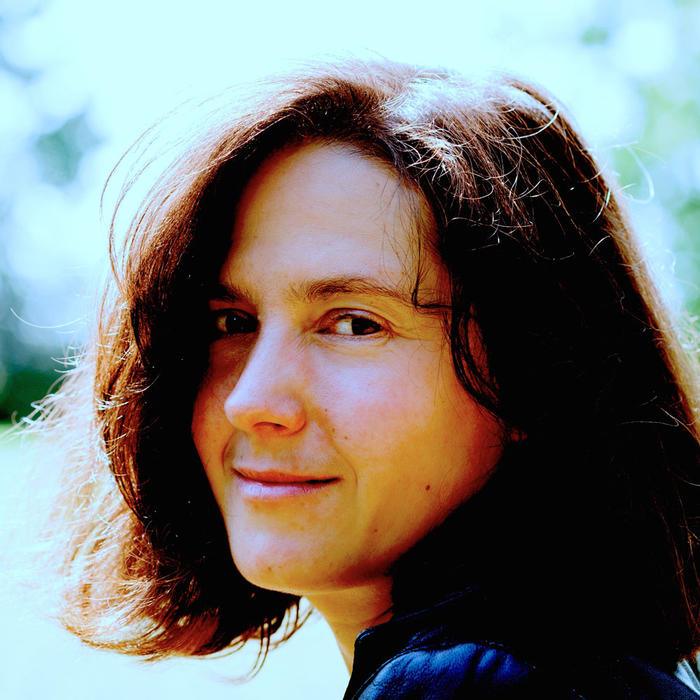DramaNet

Welcome to DramaNet
Early Modern drama presents a distinctive departure from the widely held belief that Early Modern literary culture in general was rather late in reacting to the fundamental religious, political, and social developments occurring in contemporaneous European societies. Rather, the dramatic performances and productions of this era reflect the establishment of a pervasive visual culture as the leading form of mass media. Unlike their predecessors, Early Modern European dramatists thus anticipated a given contemporary audience in their writings: an audience that, which itself had changed and diversified to include the illiterate working class along with the nobility. Such a broadening effect vis-à-vis the audience of literary works did not expand to other genres until centuries later, when literacy became considerably more widespread.
Bildquellen

Dramanet
Bildquelle: —
Team

Prof. Dr. Joachim Küpper
Principal Investigator

Dr. phil. Pauline Beaucé
Postdoctoral Fellow

Dr. phil. Toni Bernhart
The circulation of early modern European literatures in the eighteenth-century folk plays in Tyrol

Univ.-Prof. Dr. phil. Stephanie Bung
Postdoctoral Fellow

Dr. phil. Gautam Chakrabarti
Familiarising the Exotic: Introducing European Drama in Early Modern India

Dr. phil. Jaša Drnovšek
Škofjeloški pasijon and the (Central-)European tradition of passion plays. On the trail of a genre-specific intercultural net

Dr. phil. Gaia Gubbini
Body and Soul: Medieval Dramatisations

Dr. phil. Katja Gvozdeva
Merry Men: Masculine Order and Carnivalesque Drama in Early Modern France and Italy

Dr. phil. Sven Thorsten Kilian
Concepts of Text and Scripture in Early Modern Drama

Dr. phil. Sabine Kalff
Stars on Stage – Astronomy and Astrology in Seventeenth and Eighteenth Century Drama

Tatiana Korneeva
The Dramaturgy of the Spectator: Theatre, Audience, and the Public Sphere in Late Seventeenth- and Eighteenth-Century Italy

Dr. phil. Kiril Ospovat
Scenarios of Power: Tragedy and Court Theater in Early Modern Russia

Dr. phil. DS Mayfield

Jan Mosch, MA
'That he could nothing do but wish and beg': Moral Agency and Heteronomy in Shakespearean and Racinian Tragedy

Dr. phil. Leonie Pawlita
Scepticism in Early Modern European Drama

Madeline Ruegg, MA
The 'Patient Griselda' Myth in Early Modern European Drama
Bildquellen

Prof. Dr. Joachim Küpper
Bildquelle: —

people
Bildquelle: —

Dr. phil. Toni Bernhart
Bildquelle: Alexander Gehring

Univ.-Prof. Dr. phil. Stephanie Bung
Bildquelle: —

people
Bildquelle: —

Dr. phil. Jaša Drnovšek
Bildquelle: —

Dr. phil. Gaia Gubbini
Bildquelle: —

people
Bildquelle: —

Dr. phil. Sven Thorsten Kilian
Bildquelle: —

Dr. phil. Sabine Kalff
Bildquelle: Ragnar Schmuck

Dr. phil. Tatiana Korneeva
Bildquelle: —

people
Bildquelle: —

people
Bildquelle: —

people
Bildquelle: —

Leonie Pawlita
Bildquelle: —

people
Bildquelle: —
Conferences

The DramaNet project has received funding from the European Union’s Seventh Framework Programme for research, technological development and demonstration under grant agreement no. 246603.

